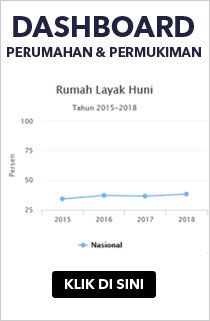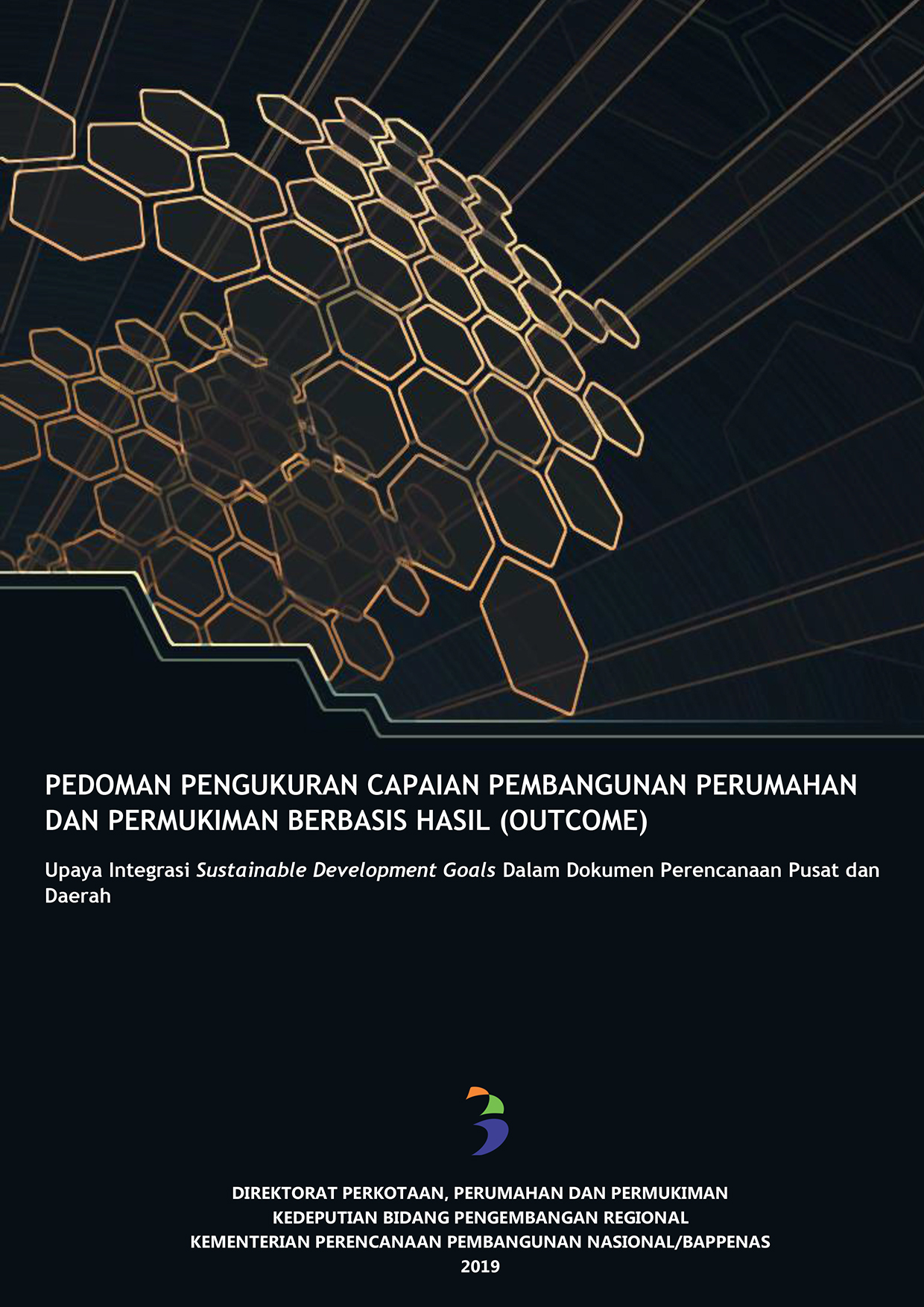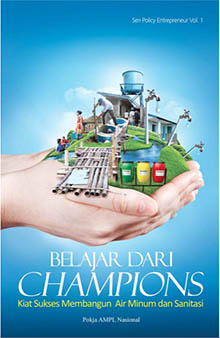Catatan LapanganHalaman : 2 Menampilkan 21 - 40 dari 57 data Commuity-Led Total Sanitation in Rural Areas: An Approach that WorksPengarang : Anjali Sen Gupta (Ed)Use of Ceramic Water Filters In CambodiaPengarang : Brown J, Sobsey M and Proum SPustaka ini menguraikan hasil studi pilot project penggunaan keramik sebagai alat filtrasi air minum di Kamboja selama 4 tahun, 2002-2006. Dari hasil studi diketahui bahwa penggunaan keramik dapat meningkatkan kualitas air minum sehingga meningkatkan kesehatan masyarakat termasuk mengurangi timbulnya diare pada balita. Dalam pustaka ini dijelaskan latar belakang pelaksanaan proyek; pihak-pihak yang terlibat menjadi produsen filter keramik; bagaimana filter itu dibuat; hasil penggunaan filter di masyarakat; diskusi hasil pilot project; dan rekomendasi serta ringkasan pelaksanaannya. Dalam pustaka ini disebutkan pula strategi perluasan penggunaan filter keramik di Kamboja serta keuntungan dan kerugiannya dalam pendekatan yang telah dilakukan kepada masyarakat. Of the people, by the people, for the people: Community-based sewer systems in Malang, IndonesiaPengarang : Sean Foley, Anton Soedjarwo, Richard PollardSanitation & Hygiene Promotion in Lao PDR: Learning from the National Water Supply & Environmental Health ProgrammePengarang : Dr. Khonethip Phouangphet, Dr. Soutsakhone Chanthaphone, Santanu Lahiri, Chander BadloeIn Lao PDR, as in many countries, the provision of safe and reliable water supply and appropriate sanitation services, based on community-focused and sustainable approaches, remains a challenge. One of the main focus area in Lao PDR's National Water Supply and Environmental Health Programme (NWSEHP) is sanitation and hygiene promotion. To this end, participatory hygiene analysis has been the entry point for initiating a key strategic principle - the community dialogue process. Following a brief description of the programme background, this Learning Note describes the step-wise approach to community dialogue, with an emphasis on hygiene promotion initiatives. It defines the lessons learned thus far, based on field experience from operationalising the Lao PDR Rural Water Supply and Sanitation (RWSS) Sector Strategy in 7 selected 'spearhead' provinces, and on the nationally implemented School Sanitation and Hygiene program. Myth vs. Reality: In Sanitation and Hygiene PromotionPengarang : Nilanjana MukherjeeSanitation and hygiene behaviour are not predictable like pipes and pumps. They have earnedthemselves the reputation of being the slow-moving and difficult components of water and sanitation programs. They are known to be essential for health impact, yet no one seems to have fail-proof formulas to make them work. A number of myths have germinated and grown into the gaps that exist in sector knowledge about how to do sanitation and hygiene program right. Myths probably born of failures to see things from a perspective other than our own. Looking through the eyes of poor rural communities, some insights emerge as self-evident. This field note presents some ground realities to challenges the myths. These were encountered during participatory research carried out during 1997-1999 by WSP-EAP in 40 communities served by five large-scale rural water supply and sanitation projects in Indonesia. Tapping the Market: Private Sector Engagement in Rural Water Supply in the Mekong RegionPengarang : WSP - East Asia and the PasificThe growing number of small-scale private enterprises providing water to villagers throughout Vietnam and Cambodia demonstrates the critical role the local private sector is playing in supplying water to the region. This field note outlines the key features of this expanding private sector and provides lessons for other countries seeking to develop alternatives approaches to rural water supply. Willingness to Charge and Willingness to PayPengarang : Water and Sanitation ProgramSetting the Stage: The Process of Preparing for Pro-poor Water Sector Reforms in KathmanduPengarang : WSPMulti-Village Rural Water Supply Schemes - An Emerging ChallengePengarang : WSPLower Costs with Higher Benefits
Pengarang : WSP | Terpopuler di Catatan LapanganDari Masyarakat, Oleh Masyarakat, Untuk Masyarakat: Sistem Saluran Pengolahan Limbah Cair Manusia Berbasis Masyarakat di Malang, Jawa TimurKategori : Pustaka - Catatan LapanganThe Case for Marketing SanitationKategori : Pustaka - Catatan LapanganKIPRAH Janti Berseri, Sidoarjo Jawa Timur, IndonesiaKategori : Pustaka - Catatan LapanganDelegating water and sanitation services to autonomous operatorsKategori : Pustaka - Catatan LapanganA Review of EcoSan Experience in Eastern and Southern Africa (Sanitation and Hygiene Series)Kategori : Pustaka - Catatan Lapangan   |